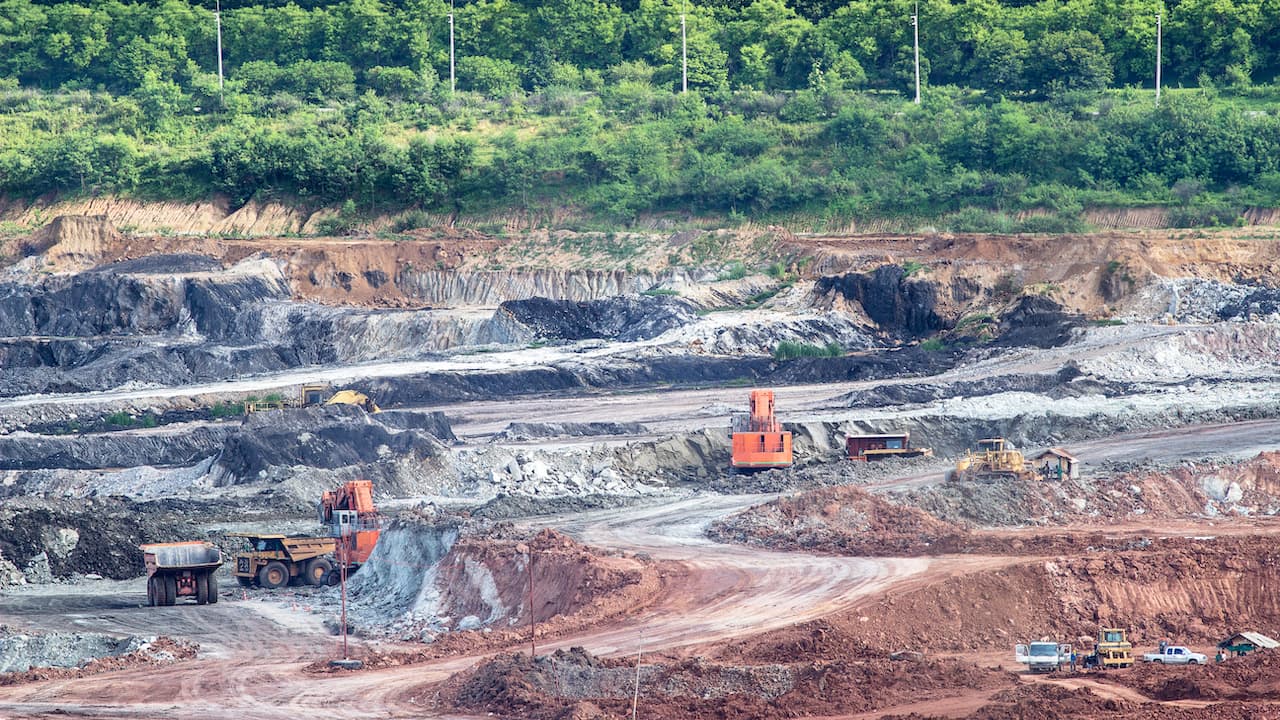NEWS | July 31, 2023
Over 2 Million Tons of Rare Earths Annually: Rising Star Vietnam or Chinese Hoax?

Vietnam could become Europe’s new major source of non-Chinese rare earths. According to certain articles, the country plans to increase its annual production of rare earths to 2.02 million tons by the year 2030. This ambitious plan, given the time-consuming processes of mine openings, seems hard to imagine. Perhaps the authors of this news are not aiming to overcome the basic laws of physics but rather to manipulate the prices of highly demanded rare earths.
565 Times More Tons of Rare Earths
According to the US Geological Survey, Vietnam has already increased its production of rare earths from 400 tons in 2021 to 4,300 tons in 2022. This is an almost tenfold increase and shows what is realistically possible. A yearly production of 2.02 million tons would mean that Vietnam would be mining one-tenth of its rare earth reserves annually, depleting them completely in less than 10 years. Vietnam’s rare earth reserves are the second-largest in the world, with 22 million tons. To achieve this, the Vietnamese government plans to open four additional mines, in addition to the nine existing ones. To increase their production to approximately 465 times the 2022 production level by the year 2030 would be a challenging feat.
Does the Vietnam Rare Earth Company Belong to China?
It is difficult to determine the exact source of the 2-million-ton figure before it made its way onto the internet. However, the MiMa Report from the Center for Minerals and Materials in 2021 provides an interesting piece of information: The Vietnam Rare Earth Company (VRE) is 90% owned by China (the other 10% by Japan). Could there be a connection? What would China gain by spreading the rumor that an immense amount of rare earths could flood the market?
Western Mining Projects May No Longer Be Profitable
As China’s monopoly on critical raw materials intensifies, other countries are trying to become more independent and are advancing their exploration efforts. If prices were to collapse worldwide, it would hinder the West from producing rare earths and technology metals profitably. In that case, Western companies would continue to rely heavily on buying from China. This would provide the Middle Kingdom with a guaranteed market and enable them to use resource scarcity as leverage to achieve political goals.
Price Stability through the Supply Chain Law
Whether this scenario is true remains uncertain. However, it is evident that Europe has decided to hold companies more responsible for diversifying their supply chains. Relying solely on China’s cheap supplies and outsourcing the risk to the government will not work. This will create a market for rare earths produced outside of China and in an environmentally friendly manner, even if it means higher prices. Investors in rare earths should not be deterred; on the contrary, now is the most favorable moment to invest in this asset class.